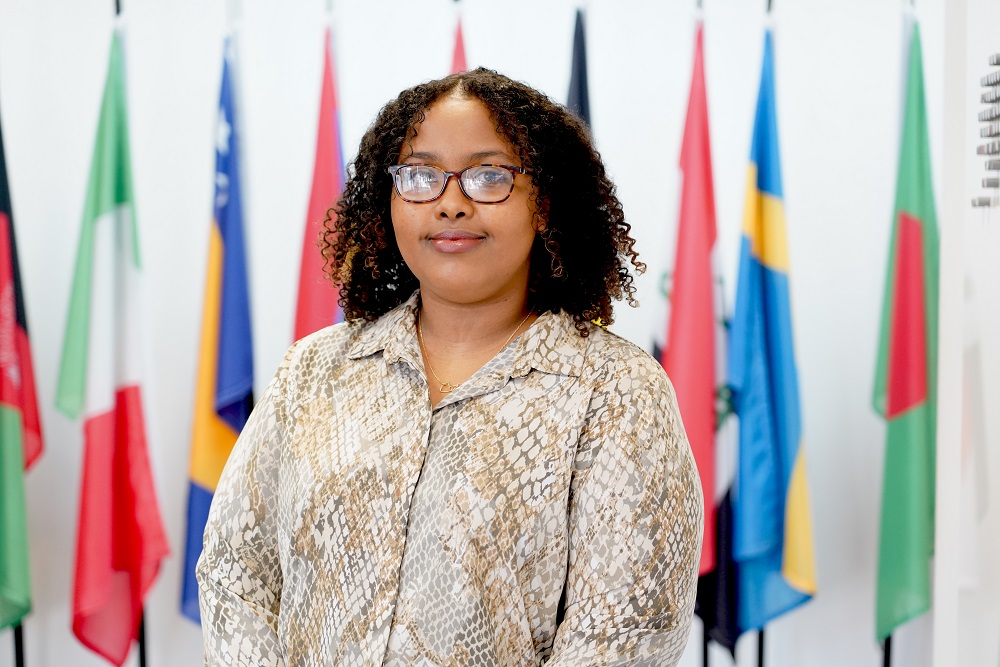
Child labour affects over 152 million children around the world, including in Nepal. Before coronavirus locked down the world, an Islamic Relief research team visited the country to examine the underlying factors that contribute to child labour. On the launch of the research report, our research and advocacy officer, Najma Abukar, reflects on what she learned in one of the country’s child labour hotspots.
Hearing stories of resilience
On the border with India lies Rautahat district, one Nepal’s child labour hotspots. The socio-economic marginalisation of communities within the district is compounded by effects of climate change and harmful cultural practices that increase the risk of child labour.

In the world’s poorest countries, slightly more than one in four children are engaged in work that is potentially harmful to their health. Meeting survivors and their families in Rautahat district showed me the real stories behind the statistics.
Manish*, survived debt bondage which saw him overworked and starved whilst working at brick factory in India. Debt bondage is common among those subject to child labour. It traps children and their families in a cycle of labour, often working in harsh conditions and unable to pay back high interest loans.
“He ran away from the factory and when he came back home he was very thin and weak,” says his mother, Kiran. “He is still very sick and he can’t work anymore so he stays at home. As a mother, it makes me very sad. It is difficult for me to see him in this condition.”
Her 14-year old son, Sang*, was also a brick factory worker, though he was able to stay in the district. An entrepreneurial boy, Sang was working three jobs to support his family, at the expense of his education. With support from Islamic Relief, Sang has stopped working and his now receiving skill based tailoring training.
Child labour steals childhoods. It forces children to grow up too fast and exposes them to abuse and exploitation. Like 14-year old Gauri*, who told me about her gruelling work collecting large rocks from riverbanks and carrying them to construction sites.
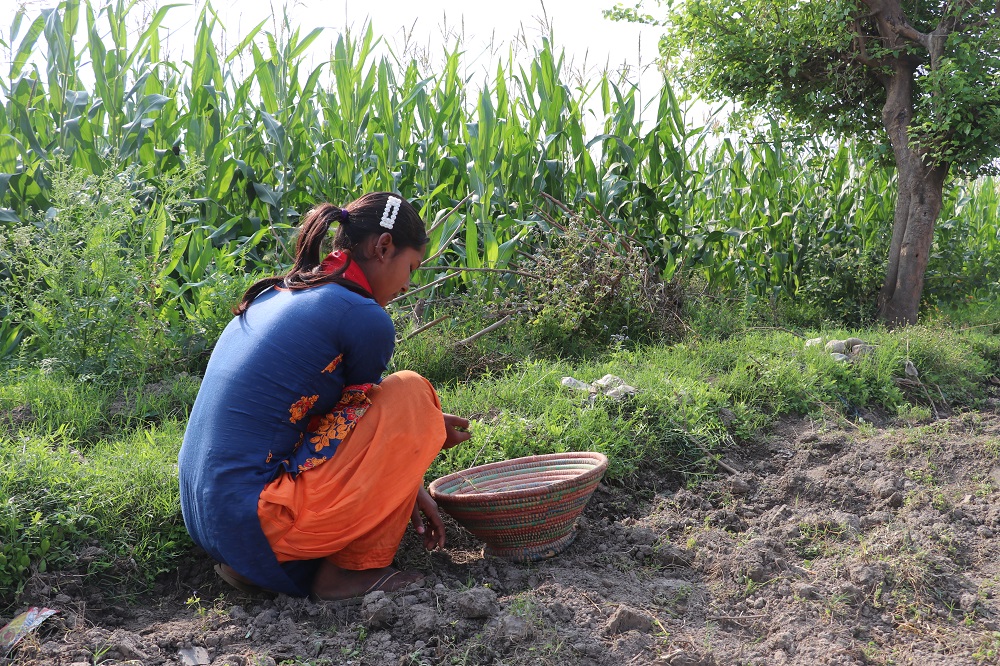
Child labour also disrupts their education, as was the case for 11-year old Ritesh*. A bright boy, when his father passed away and his mother became too ill to work, Ritesh was forced to leave school aged 9. For two years he sold bottled water on the side of the highway to provide for his family.
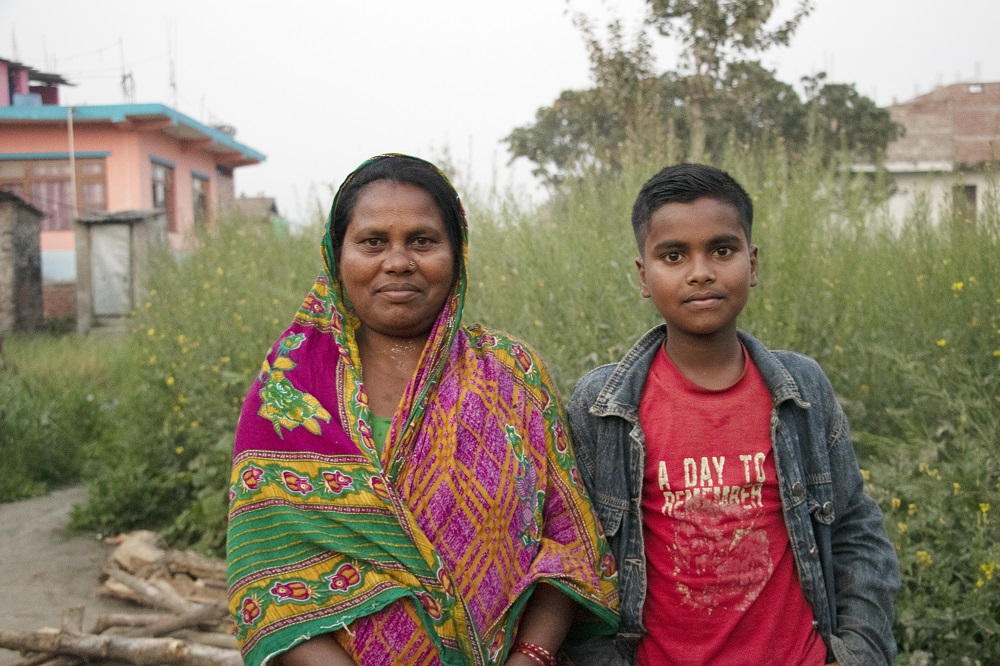
Local ownership
Local actors in Rautahat are fighting against child labour. Civil society organisations mobilise others such as faith leaders, women and youth groups. They have a strong community presence along with the important understanding of the institutional setup at provincial level, which has been key component to creating community based referral mechanisms to identify and supporting children vulnerable to child labour.
Rautahat district is a multi-ethnic multi faith community and Islamic Relief has been working with diverse range of faith leaders, organising interfaith focus group discussions on the role faith leaders can play in safeguarding children and addressing the issue of child labour.
We’ve been engaging and partnering with local actors. Our partner the Rural Development Centre has been heavily engaged in community development, gender and child protection projects. In cooperation with Islamic Relief, they’ve been implementing a project in Rautahat. The intervention aims to prevent and protect children from trafficking and child labour by providing education for children and giving livelihood support to families of children that are at high risk.
During interviews with local non-governmental organisations, faith leaders, local activists, child protection committee and parents, I began to understand the saying ‘it takes a village to raise a child’. Together, we’re protecting and safeguarding children from the risks of child labour and creating an environment where they can thrive.
But despite the incredible work of local experts, many are underfunded. Covid-19 has highlighted to us once more the value of local actors who are on the ground working directly with communities. I often wonder what the impact of Covid-19 and the consequent shift in donor priorities will have on the vital local actors like the Rural Development Centre.
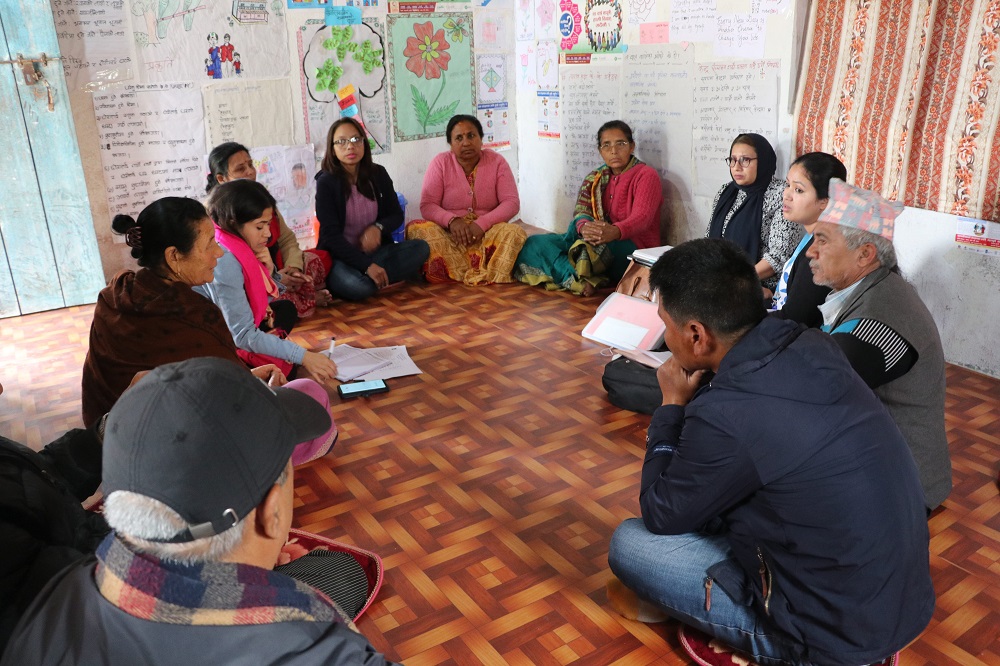
Beacons of hope
Local communities are experts of their own experiences and contexts. We asked them about their hopes for the future and what changes they want to make within their communities. Their insights shed more light on the complex socio-economic and cultural factors that underpin child labour whilst highlighting some actionable solutions.
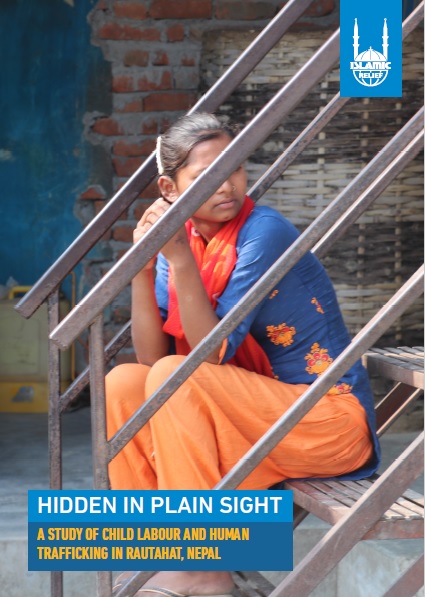
“Empower women by providing skill based training that raises their independence so that they are self-sufficient and not reliant on others. We should advocate to provide education and skill based training for girls to reduce early marriage and other problems in the community. We should also help women and children to access resources, we should always help the needy.”
As we work towards the realisation of Agenda 2030 for the Sustainable Development goals, we must put communities at the heart of solutions to tackle these issues.
Islamic Relief is committed to working with local actors to reduce the risk of child labour in Rautahat. Learn more in our report, Hidden in plain sight: a study of child labour and human trafficking in Rautahat, Nepal and donate today to support our vital work.
*Names have been changed to protect identities.










